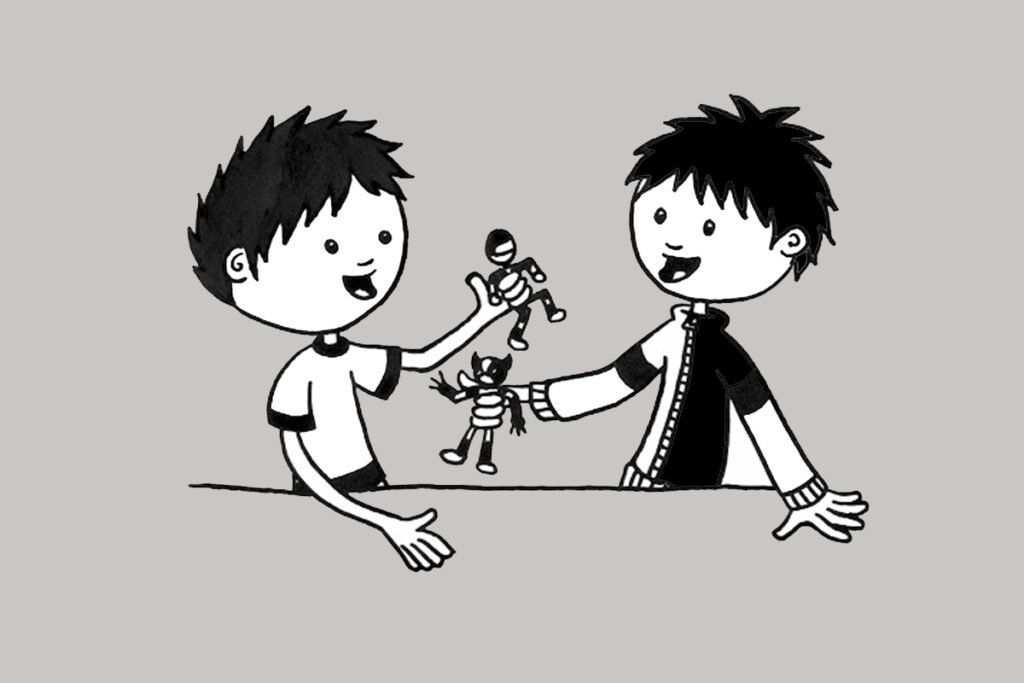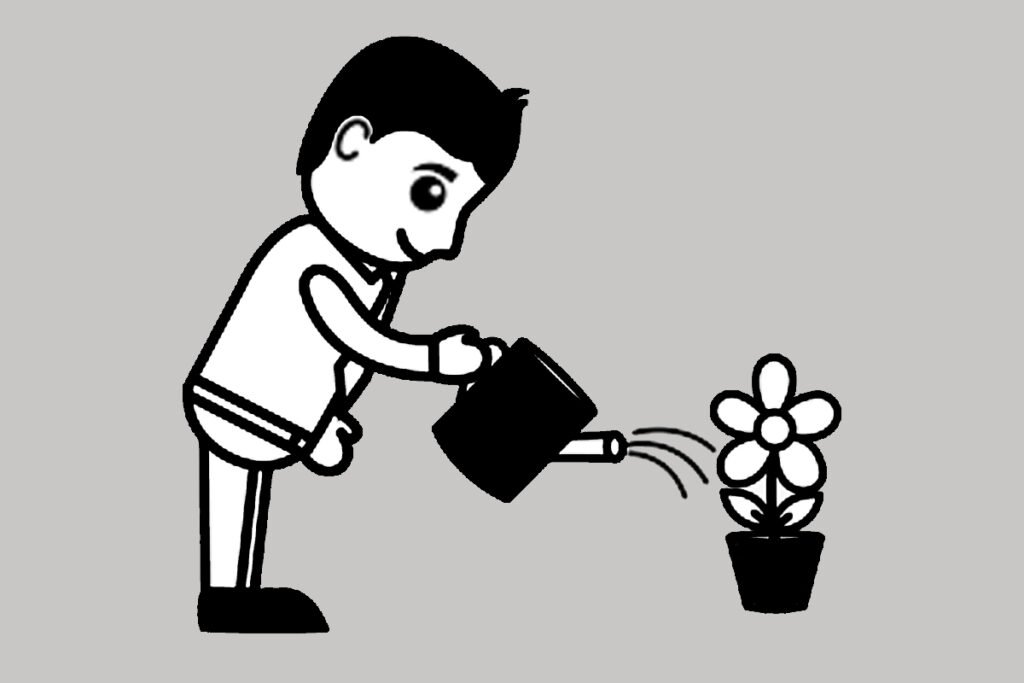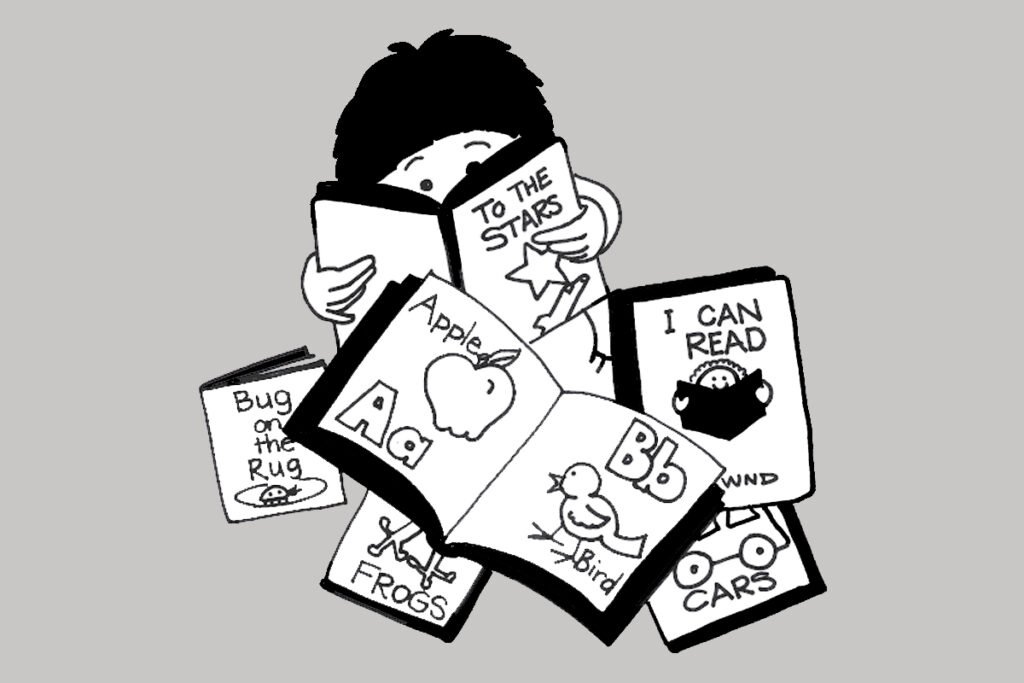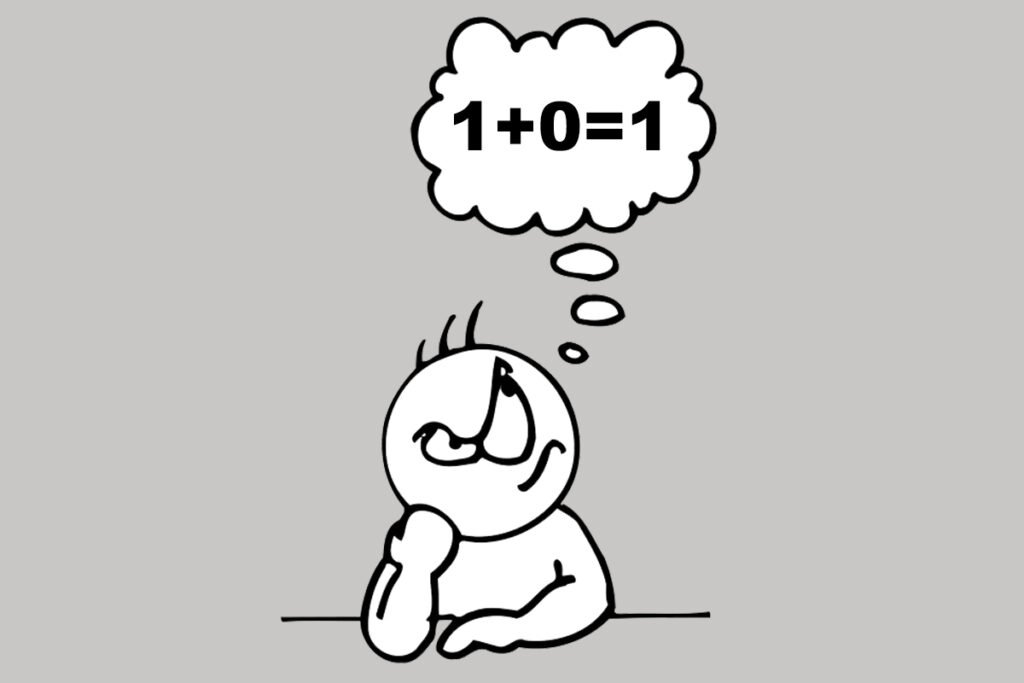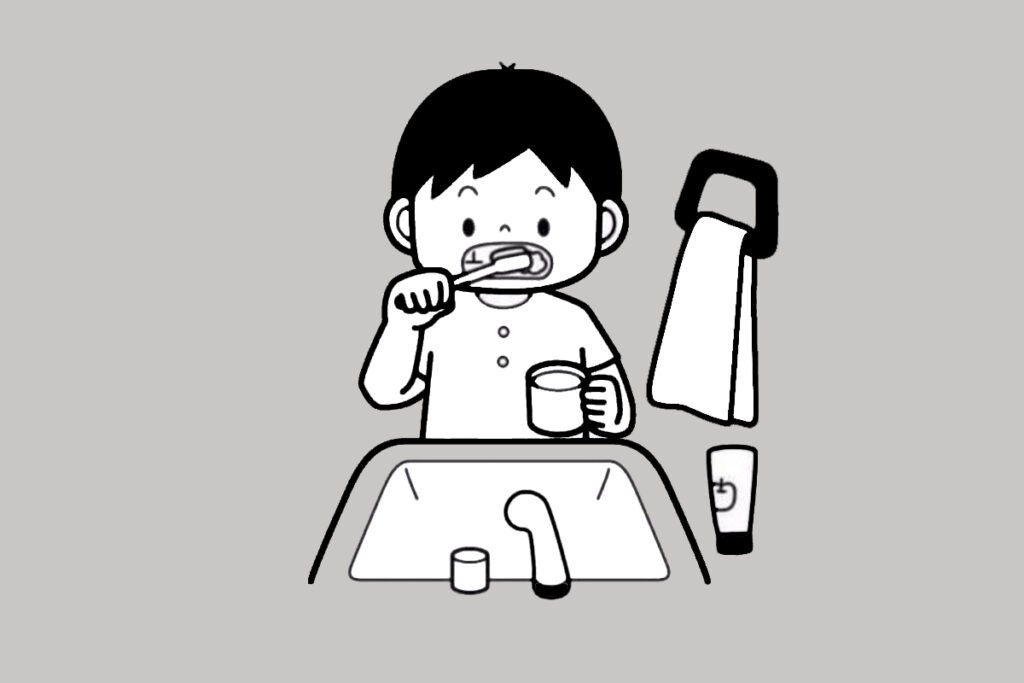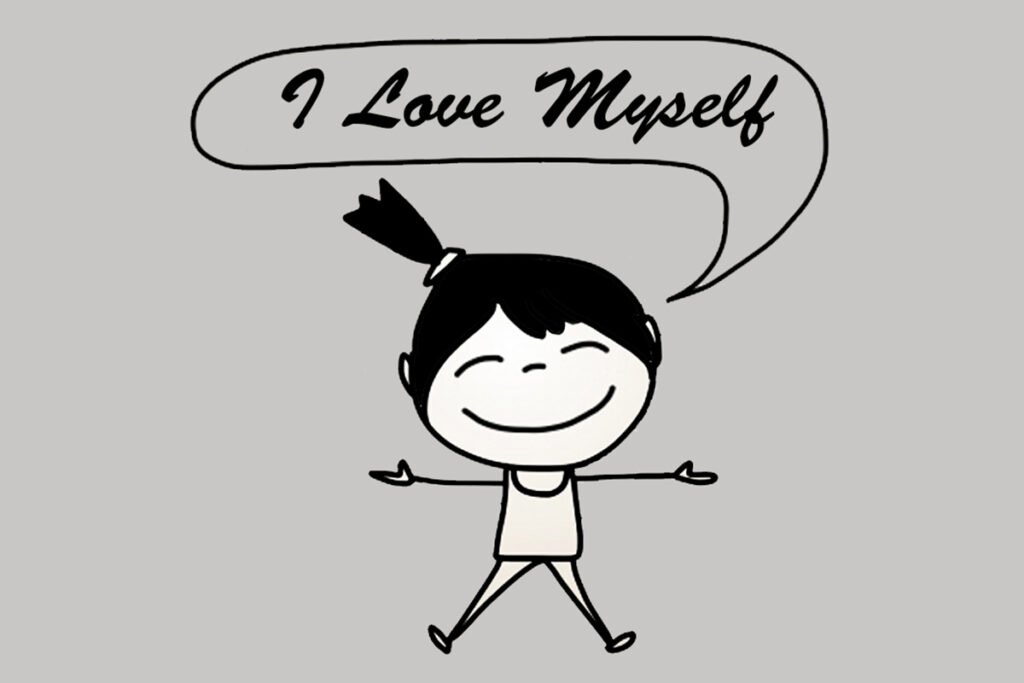Vision & Mission of Kanasu
Play is a fundamental aspect of human development. The impulse to play is innate and cannot be suppressed. However, it is essential to recognize that while the desire to play is natural, understanding how to channel it effectively requires careful guidance. At Kanasu, we embrace a play-based approach that integrates both child-initiated and teacher-supported learning. Our educators foster children’s curiosity and learning through interactions that challenge their thinking and encourage them to reach higher levels.
For example, while children play with blocks, a teacher might ask questions to stimulate problem-solving and critical thinking, such as “How many blocks do you need to build this?” or “Can you blow the house down?” These questions introduce children to concepts in arithmetic, science, and logic. Simple activities like stacking blocks become opportunities for applied learning. Through play, children develop social and cognitive skills, gain emotional maturity, and build the confidence to embrace new experiences.’
Play also nurtures positive attitudes toward learning, including imagination, curiosity, calmness, and collaboration. At Kanasu, we strive to cultivate these qualities to help children thrive in their formative years and beyond.
At Kanasu Preschool, we believe that all children are winners, each with their unique potential to shine and succeed in a nurturing and supportive environment. This philosophy aligns with our core values of inclusivity, encouragement, and individual growth.
MOTTO OF KANASU - "ALL ARE WINNERS"
Every child is valued, celebrated, and encouraged to grow at their own pace, fostering confidence, positivity, and a love for learning.
Meet the Team...!!

Founder of Kanasu
I am an engineering graduate but an early childhood educator by passion. I love spending time teaching, playing, painting, dancing, singing, exploring, and doing so much more with children. This passion led to the concept of Kanasu—the beginning of a happy childhood.
Children today are often addicted to technology and lack the opportunity to explore, play, and have fun. To bring them back to the old days, where learning was intertwined with fun and discipline, Kanasu was born.
At Kanasu, the concept is ‘play and learn.’ All the centers are designed in a way that allows children to enjoy, explore, play, and learn. This holistic approach fosters development in social, cognitive, language, interpersonal, and intrapersonal skills.
I am confident that children at Kanasu will grow into shining stars, becoming enthusiastic, fast learners, ready for the big school, and prepared to be responsible citizens of tomorrow.
-Gayathri Amoga
Co - Founder of Kanasu

Having completed my degree in mechanical engineering & worked in Oman for 2+ years. Realized the interest for shaping the young minds of tomorrow. This inspired to start Kanasu preschool. A place where young minds can be modelled & nurtured.
A growing body of research highlights the many benefits of preschool. Children are exposed to various stimuli, including numbers, letters, and shapes. They learn to experiment and socialize, practice getting along with others, share, and participate in circle time.
Kids who attend preschool before primary education have been shown to gain an academic head start. They tend to excel in early reading, use a broader vocabulary, and demonstrate a stronger aptitude for math. Additionally, they learn essential habits such as taking turns and raising their hands before speaking, making the transition to primary education smoother.
So, Kanasu – A playbased learning came into light.
-Amith Manuprasad





